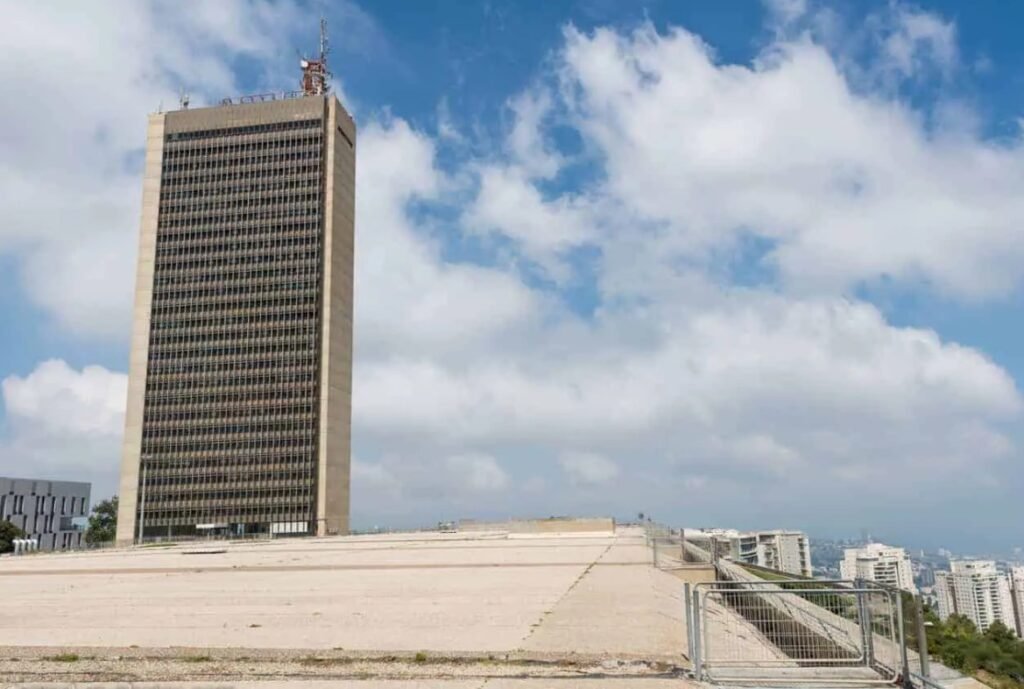The University of Haifa has decided to revoke the suspension of eight Arab students who were accused of expressing support for Hamas on social media after the October 7 massacre in southern Israel. The students, who faced disciplinary action and eviction from student housing, claimed that their freedom of expression was violated and that the university did not provide them with due process.
The eight students, most of whom are represented by the Arab civil rights organization Adalah, were suspended by the university’s rector, Guy Alroey, on October 10, 2023, without prior notice or investigation. The rector claimed that the students had posted content in support of Hamas’ attack on Israel on October 7, which killed over 1,000 Israelis and foreign nationals and abducted more than 200.

The suspension was initially canceled by the university’s disciplinary committee, pending the conclusion of hearings, but then reinstated at the end of last week, shortly before the opening of the school year at the university on Sunday, January 7, 2024. The committee said in its decision that it was “taking a broad responsibility for the university community — a responsibility that is required in this tumultuous period.”
However, on Monday, January 8, 2024, the university announced that it had lifted the suspension of the students, following a meeting between the rector and representatives of Adalah and the students. The university said in a statement that it had reached “a mutual understanding” with the students and that it respected their right to freedom of expression, as long as it did not incite violence or harm the university’s values.
The students’ response
The students welcomed the university’s decision to revoke their suspension, but said that they still faced discrimination and harassment on campus. They said that the university did not specify what damage their presence would cause to campus life, and that the suspension had negatively impacted their education and reputation.
One of the students, who wished to remain anonymous, said she was suspended and received an eviction notice from the Department of Student Housing immediately after she published a pro-Palestinian post on her social media. The university reversed her eviction after Adalah submitted a letter to university authorities claiming they breached the students’ rights.
Another student, who also wished to remain anonymous, was suspended for posting in a messaging group a video of Ghassan Kanafani, who was a prominent author, journalist, and spokesperson for the Popular Front for the Liberation of Palestine, a Palestinian-Marxist organization, in the 1960s. After the video was posted, a fellow student took a screenshot and sent it to university officials. The student said that he did not support Hamas or violence, but that he admired Kanafani’s literary work.
The students said that they hoped that the university would take measures to protect the academic freedom and the rights of all students, regardless of their political views or background.
The context and the implications
The incident occurred against the backdrop of a surprise Hamas attack on Israel on October 7, 2023, which sparked a wave of violence and tension in the region. The attack, which involved some 3,000 Hamas terrorists bursting through the border fence and entering Israel, was the deadliest in Israel’s history and triggered a massive Israeli military response in the Gaza Strip, which, as of mid-November, has reportedly killed more than 11,000 Palestinians.
The violence also led to heightened tensions around speech on campus across the world, as students and faculty expressed their opinions and solidarity with either side of the conflict. Some universities have faced criticism for censoring or punishing pro-Palestinian or pro-Israeli speech, while others have tried to foster dialogue and understanding among their diverse communities .
The case of the Haifa University students raises questions about the limits and the responsibilities of academic freedom and freedom of expression in times of crisis and conflict. It also highlights the challenges and the opportunities for universities to promote a culture of respect, diversity, and tolerance among their students and staff.
